Podcast: Download
Subscribe: Apple Podcasts | RSS
 Can you really supercharge your memory with memory vitamins?
Can you really supercharge your memory with memory vitamins?
There is a multi-billion-dollar industry touting “advanced nutrition” to “upgrade your intelligence” with a “proprietary blend” of magic nutrients.
Let’s find out if these ginkgo and ginseng pills can improve your cognitive faculties or cure absent-mindedness and dementia, as their labels claim.
In this post, I’ll dive into numerous memory supplements available today, and the truth behind them. I’ll also show you three natural, effective ways that guarantee improved concentration and a razor-sharp memory.
Here’s what I’ll cover:
- Why Do We Take Supplements to Boost Memory?
- Can Vitamins and Other Supplements Really Help you Improve Memory?
- The Truth Behind Memory Supplements
- Things to Remember When You Buy Memory Supplements
- Do Your Lifestyle Choices Affect Memory?
- 3 Effective Alternative Ways to Boost Your Memory
Why Do We Take Vitamin Supplements to Boost Memory?
Cleverly packaged and marketed vitamins for memory are too attractive to ignore — thanks to some of the perceived long-term effects and benefits.
Memory vitamins claim to:
- Enhance blood flow in your brain.
- Boost energy.
- Promote communication between brain cells.
- Help brain cells form new connections, increasing plasticity.
- Increase motivation and creativity.
- Improve focus and alertness.
- Lower fatigue.
- Help in Alzheimer’s prevention and in curing other neurodegenerative diseases.
- Prevent oxidative stress in the brain.
- Lower the damaging effects of free radicals and brain inflammation, and more.
How true are these claims?
Can Vitamins and Other Nutrients Really Help You Improve Memory?
There are plenty of single-vitamin supplements or proprietary blends available today.
They could be vitamins and minerals (vitamin B, C, D, E, K), herbal extracts (Ginseng, Ginkgo Biloba, Curcumin, Bacopa), natural molecules (Acetyl-L-Carnitine amino acid, Docosahexaenoic Acid, Huperzine A, Magnesium l-threonate) or synthetic compounds (Choline bitartrate).
To understand whether they help, it is important to look at the clinical trials linking them to memory improvement.
Vitamin B:
Vitamins B12, B3, B6, and folic acid slow down cognitive decline, lower high homocysteine levels, and are used in Alzheimer’s treatment. Homocysteine is an amino acid. It is also believed that folate might prevent Parkinson’s disease.
Studies show that these vitamins slow the atrophy of brain regions that are involved in Alzheimer’s disease. However, vitamin B12 and folate supplementation may not always reduce memory problems.
Vitamin E:
This antioxidant lowers oxidative stress in your brain cells.
A study proved that adults with high levels of vitamin E are less likely to suffer from memory disorders including Alzheimer’s and Parkinson’s disease. Alpha-tocopherol (a form of vitamin E) slows down functional decline in people with moderate symptoms of Alzheimer’s disease.
Vitamin D:
This vitamin protects against cognitive decline and dementia, and reduces the risk of heart disease. However, patients suffering from heart disease may not benefit from higher doses of this vitamin.
Older adults who had severe vitamin D deficiency were found to be more likely to develop cognitive disease like dementia and Alzheimer’s disease.
Be aware that excess amounts of this vitamin can lower your reaction time.
Vitamin C:
Apart from cutting your colds short, vitamin C helps improve brain health with its antioxidant properties. It also crosses the blood-brain barrier to remove heavy metals like lead.
Researchers found higher vitamin C levels in those who were cognitively intact versus those who were cognitively impaired.
But it’s not clear how much of it is needed to support cognitive function. Also, your intake may not always translate into enough of the vitamin in your blood. Check out this Chief Life article for more on the benefits of Vitamin C.
Vitamin K:
High levels of this vitamin are known to improve verbal episodic memory in older adults.
Elders with early-stage Alzheimer’s disease were observed to have a deficiency of this vitamin.
High doses can worsen clotting problems in those who have severe liver ailments.
Ginkgo biloba:
Bottled ginkgo biloba contains ginkgo leaf extracts. It is said to prevent mild cognitive impairment and cognitive decline in Alzheimer’s patients. It is also considered to be beneficial in treatment of Parkinson’s disease.
But, a 2008 study demonstrated that it could increase the risk of stroke. That’s why I personally skip using it, along with many other so-called natural memory enhancers and memory supplements.
Ginseng:
Ginseng is a slow-growing, short plant with fleshy roots.
While American ginseng improves working memory performance, Asian ginseng improves brain performance and lowers mental fatigue. It is also effective in counteracting the aging effects of free radicals.
Curcumin:
Curcumin or turmeric root is proven to reverse memory problems in people with mild, age-related memory loss.
It is less effective when taken as a supplement due to its poor absorption and rapid metabolism. It is more effective when consumed with food, or with agents like piperine.
Cocoa Flavanols:
Cacao is the dried and fermented bean from the cocoa tree used to make chocolates. It’s not to be mistaken with coconut oil, which might also help memory.
Long term consumption of cocoa flavanols could improve attention, working memory, and verbal fluency in the early stages of memory loss.
Bacopa Monnieri:
Bacopa (Brahmi) is an Ayurvedic herb that boosts memory and attention in healthy people, by improving inter-neuronal communications in the brain.

Huperzine A:
This natural supplement is derived from the Chinese club moss plant.
Research shows that taking this for 12 weeks may boost memory in adults with mild brain impairment.
However, its effectiveness in preventing cognitive decline has not been confirmed. Its short-term use is proven to be safe, but the long-term use is not.
Omega-3 Fatty Acids (Fish Oil):
Fish oil improves mild cognitive impairment (MCI). It contains two types of omega-3 fatty acids: Docosahexaenoic Acid (DHA) and Eicosapentaenoic Acid (EPA). DHA alone or with EPA is known to improve episodic memory in adults with mild memory problems.
There is no proof that fatty acids can improve cognitive function in advanced stages of Alzheimer’s disease.
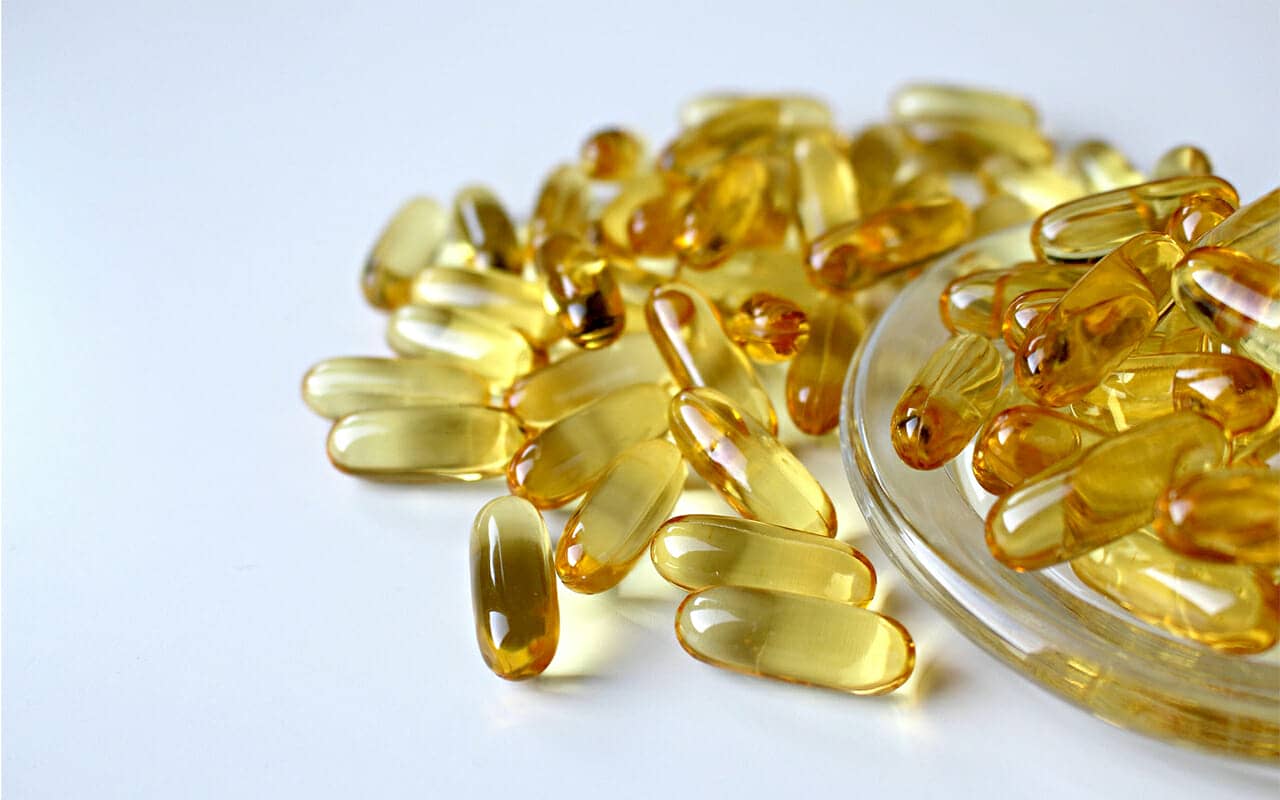
Phosphatidylserine:
This is a fatty substance or a phospholipid that supports the formation of short-term memory, the consolidation of long-term memory, and the ability to focus attention.
Having enough of these vitamins and minerals in your body will lead to improved memory and disease prevention due to their inherent benefits.
But no research or clinical trial has proven that additional intake will lead to any significant improvement in memory or brainpower.
The Truth behind Memory Supplements
There are some caveats and unpleasant truths around these attractive brain vitamins you should be aware of.
A team of neurologists in the US has critiqued the “pseudomedicine” practice where qualified healthcare professionals over-prescribe dietary supplements that have no insurance cover and need cash payments, for their own financial gain.
And unlike medications, vitamins for memory are not strictly regulated by authorities like the Food and Drug Administration (FDA) — although the FDA has announced efforts to modernize regulation and oversight of supplements.
And, you should be wary of any tall claims in advertisements. Because – unlike prescription drugs – brain supplements may not be thoroughly tested.
Given these facts, what should you do when you set out to buy these supplements?
Things to Remember When You Buy Memory Vitamins
Think about it: when you visit a store or order online, there will be hundreds of brain supplements that come in thousands of ingredient combinations.
Picking the right one for your specific requirements can be your biggest challenge. Remember that success in using memory vitamins varies from person to person — and there is no definitive verdict on any of them.
And what you choose should really depend on your own genetics, health, diet, and cognitive abilities.
Not only that, how can you differentiate between high-quality supplements and cheap knockoffs?
Here are some tips:
- Do your own research — read product reviews, and ask for detailed opinions from people who have used them.
- Check if the product was packed, refrigerated, and maintained under the optimum conditions as mentioned on the pack.
- Read the labels carefully to understand the following:
- Ingredients,
- Dosages,
- Directions for use,
- Claims of efficacy and/or safety,
- Cautions or warnings,
- Possible side effects, and
- A seal of approval from a certifying authority like ConsumerLab.com.
Now, let’s examine whether there could be other ways to improve your brainpower and memory.
Do Your Lifestyle Choices Affect Memory?
Your lifestyle choices can affect your body, mind, and your memory too. Taking fancy vitamin pills won’t help if you have an unbalanced lifestyle.
The main culprits that can impair your memory and brain are:
- Food habits: An unbalanced diet with too many food additives and sugar, and little water can impair your nervous system and leave you feeling tired and disoriented.
- Sedentary lifestyle: An inactive lifestyle can lead to dullness and cognitive decline.
- Alcohol, smoking, and caffeine: Too much of these will affect your ability to store new information and lead to short-term memory loss.
- Lack of sleep: Inadequate sleep can lead to a higher risk of cognitive impairment.
But surely, there must be ways to sharpen your memory in natural, non-intrusive, and possibly more effective ways!
3 Effective Alternative Ways to Boost Your Memory
It should be clear by now that popping pills isn’t the best way to keep your brain sharp. Decades of research have gone by, but their benefits are yet to be demonstrated.
Your best bet is to focus on brain training and a healthy lifestyle to prevent Alzheimer’s and memory loss.
Let’s look at the three best ways to boost your memory.
1. Memory Palaces
The most important vitamin for your memory is vitamin M — to use your brain and be able to commit everything important to your memory.
A Memory Palace is a time-tested mnemonic tool that allows you to develop and use spatial memory in a way that unlocks the power of autobiographical memory, episodic memory, semantic memory, procedural memory, and more. You will be able to move information into long-term memory faster. For example, you can even remember facts about amino acids and other information related to the crucial information we’ve been discussing on this page.
You not only get to remember the information faster, but also get predictable and reliable permanence that grows in strength each time you use the Magnetic Memory Method.
The best part is that you can use any other memory technique like chaining, linking, or the Major System (or Dominic System) inside the Memory Palace. Sadly, it rarely works the other way around, though there are possibilities.
The key to a Memory Palace is to associate pieces of information with a location you are very familiar with, like your home.
For example, if you want to remember a history lesson, walk through your house and peg all the events of one year on your dining table, the next years’ on your living room console, and so on.
When you want to recall the information, you retrace that mental route and the information will be easily accessible.
2. Mindful Eating
Eating well and drinking plenty of water are as crucial to your brain as they are to your body. Mindful eating is all about eating healthy, and acknowledging and managing your cravings and the experience of eating.
As for a healthy diet, you can get almost all the useful vitamins above through your daily diet.
For instance:
- Vitamin B from beans, peas, dairy, eggs, fish, meat, green leafy vegetables, and some cereals.
- Vitamin E from nuts, seeds, blueberries, avocados, blackberries, spinach, and bell peppers.
- Vitamin D from salmon, tuna, mushrooms, and eggs, or simply by spending a safe amount of time under the sun.
- Water: Staying hydrated with at least 6-8 glasses of water a day helps improve concentration and cognition.
Simply by paying attention to what you eat and how you eat, your body can avoid any vitamin deficiency, without risking the long-term brain-boosting effects of bottled supplements. Here are some more foods that improve memory you can add to your diet.
3. Exercise
Physical exercise activates your brain and improves memory and cognitive function over the long term.
A 2018 study found that 10 minutes of mild exertion improved mental ability in healthy young adults. There was increased activity in the hippocampus and surrounding areas, and better connectivity between the hippocampus and cortical areas that are responsible for memory processing.
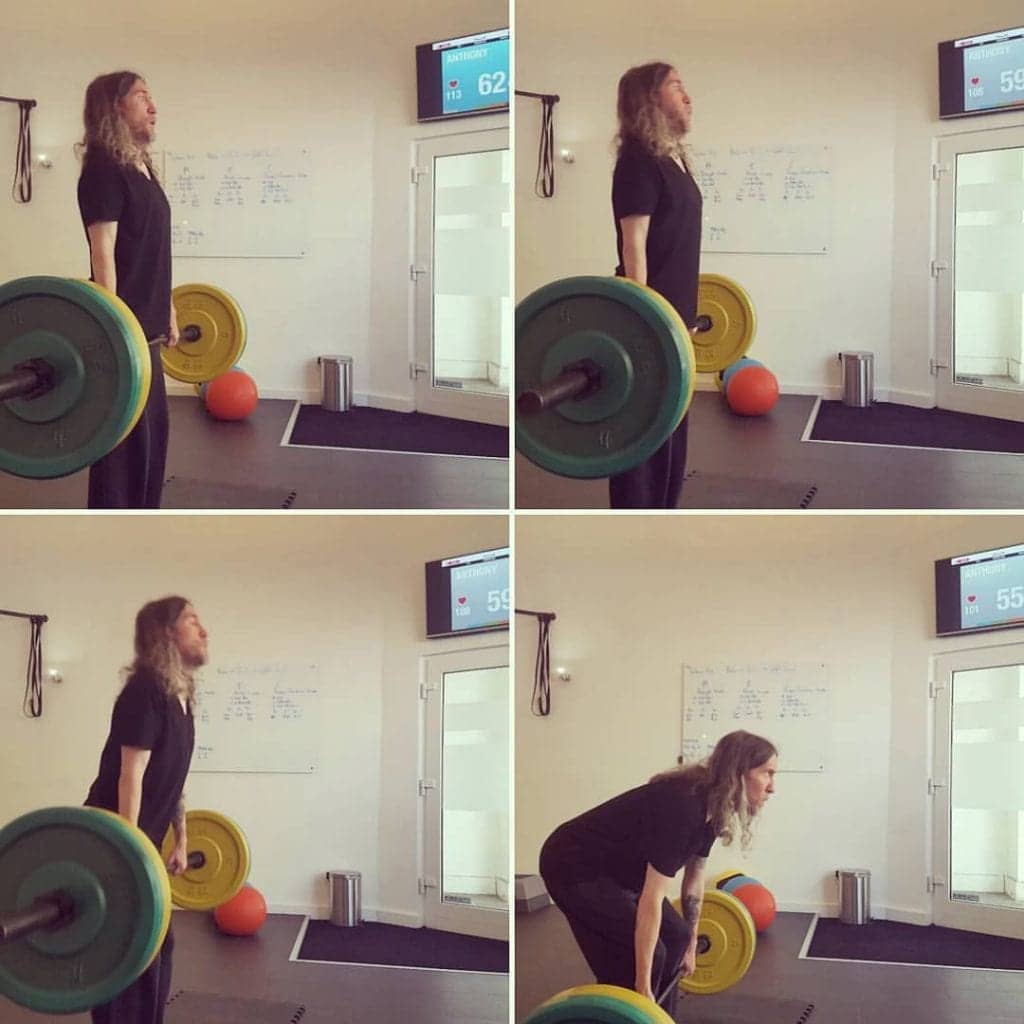
When we exercise, blood flow increases everywhere in the body, including the brain — this helps the brain to perform better.
So set aside 30 minutes for working out your body — walking, swimming, climbing stairs, tennis, squash, or dancing, or just daily household activities.
If you don’t have the discipline to do it on your own every day, join a class or identify an accountability partner to work out with. And track your progress periodically — this will encourage you to reach a goal. Otherwise, get a personal trainer to motivate you to exercise.
Skip the Vitamins!
Dietary supplements are quite tempting to try, but they come with too many risky ifs and buts. Even if you do try them, it is very important to seek medical guidance.
Instead, try the alternative techniques in this post to improve your memory — especially building Memory Palaces using the Magnetic Memory Method. The long-term effects of using them to remember and recall information is definitely stronger, and it is the best way to sharpen your brainpower.
If you’re new to Memory Palaces or want to learn more about how they can help boost your memory, sign up for my free memory improvement kit.
Related Posts
- 7 Best Vitamins For Memory Improvement & How To Take Them
Do vitamins for memory improvement actually work? If so, what are they and what's the…
- How to Memorize Something Fast: 5 Simple And PROVEN Memory Techniques
Wondering how to memorize things fast? Read this post for 5 solid steps you can…
- Memory Games: 22 Diversions That Give Your Brain a Boost
Ever find yourself in the middle of a sentence and unable to find the word…

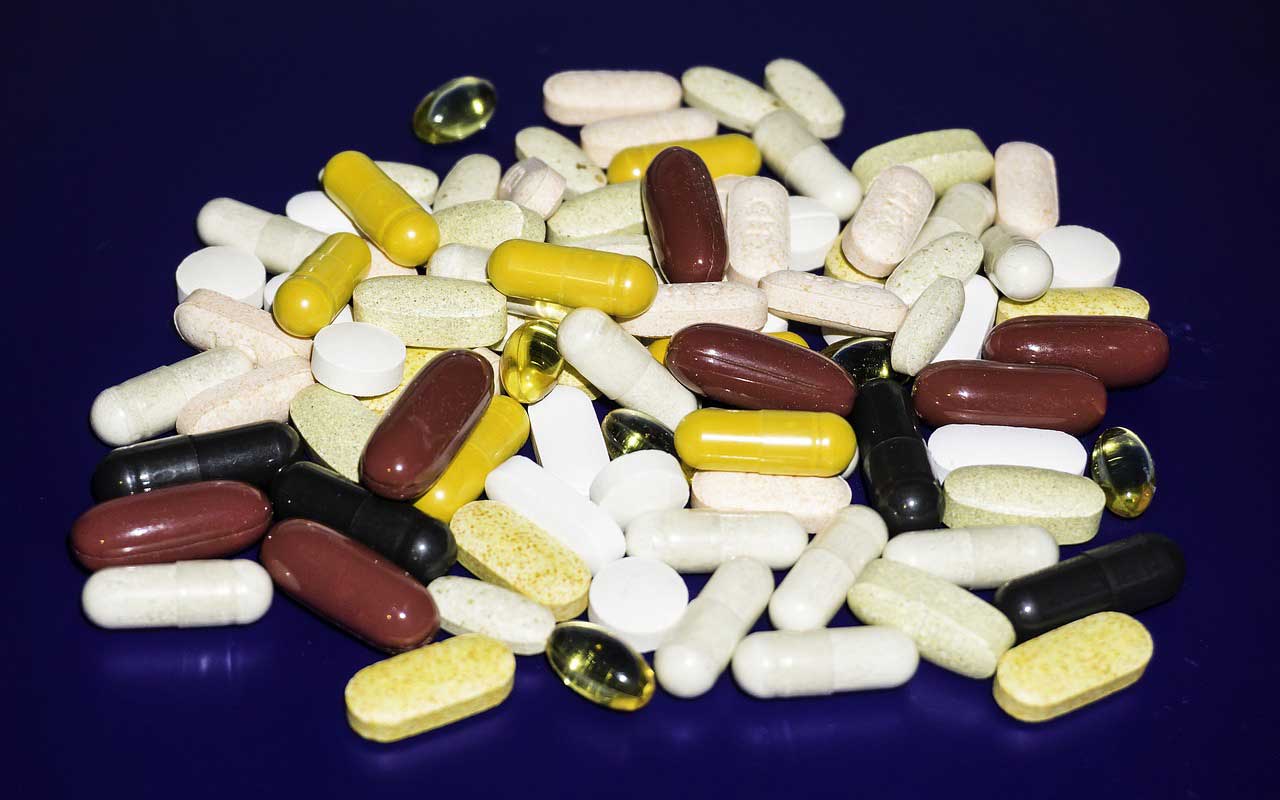
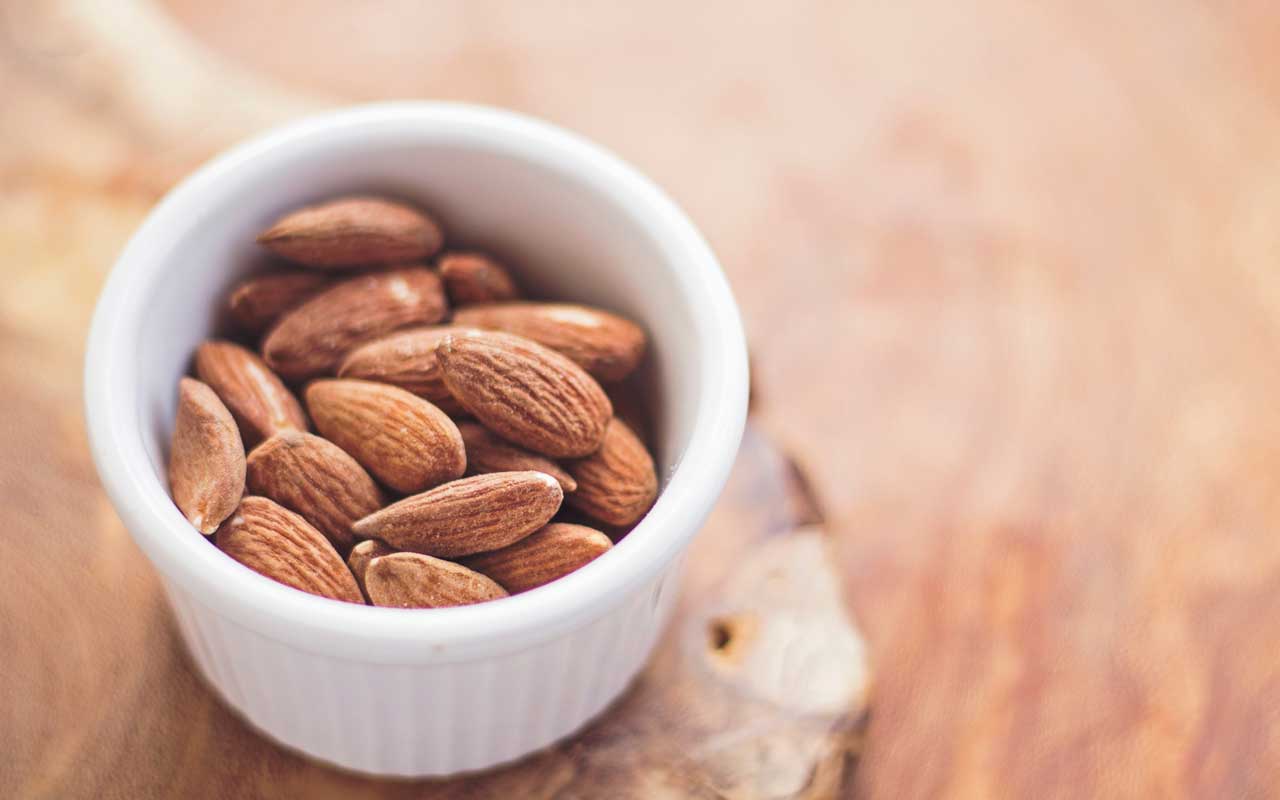


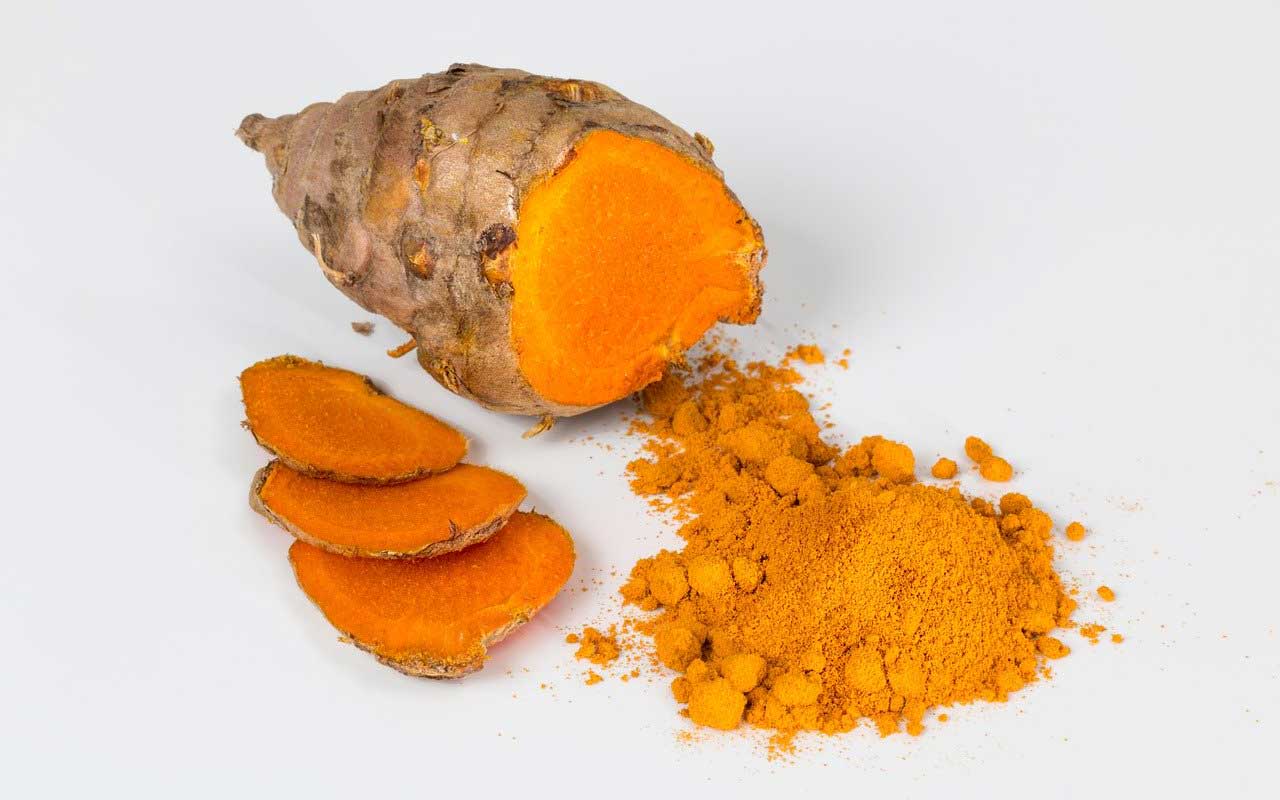
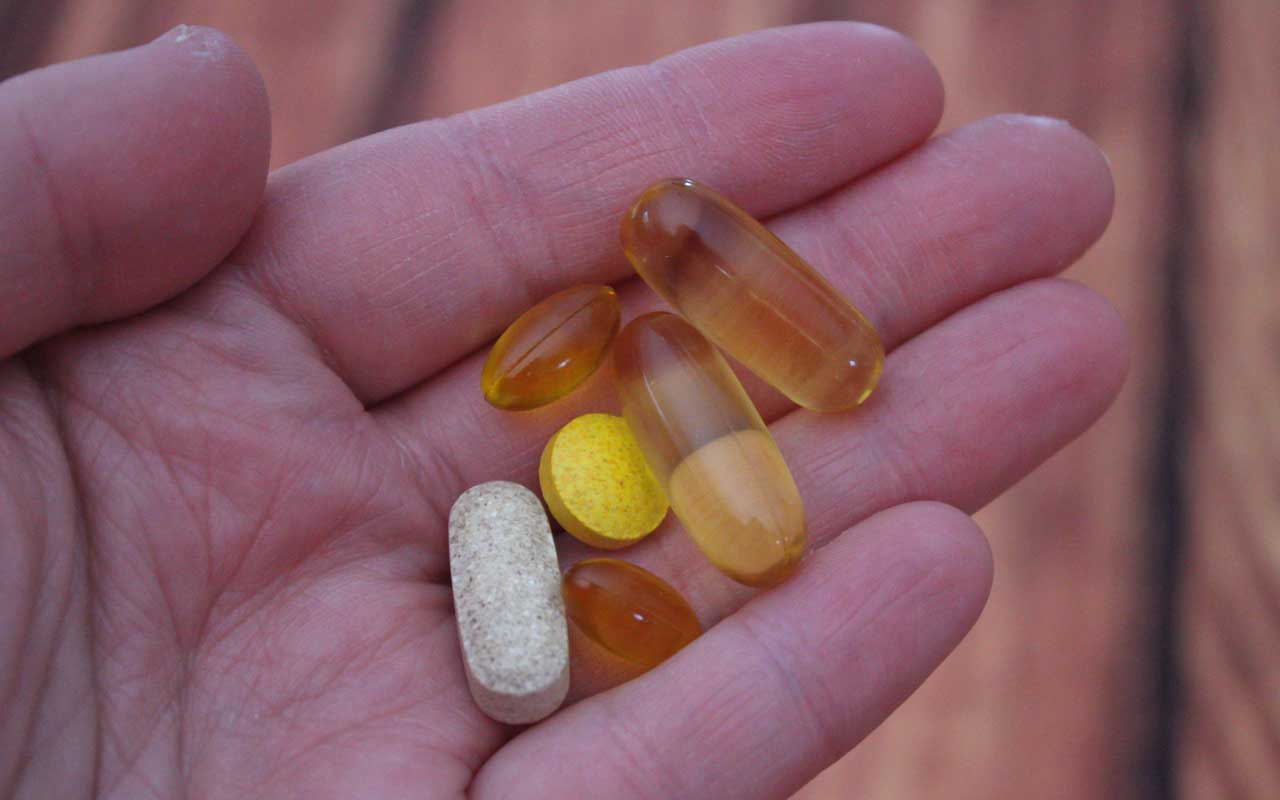

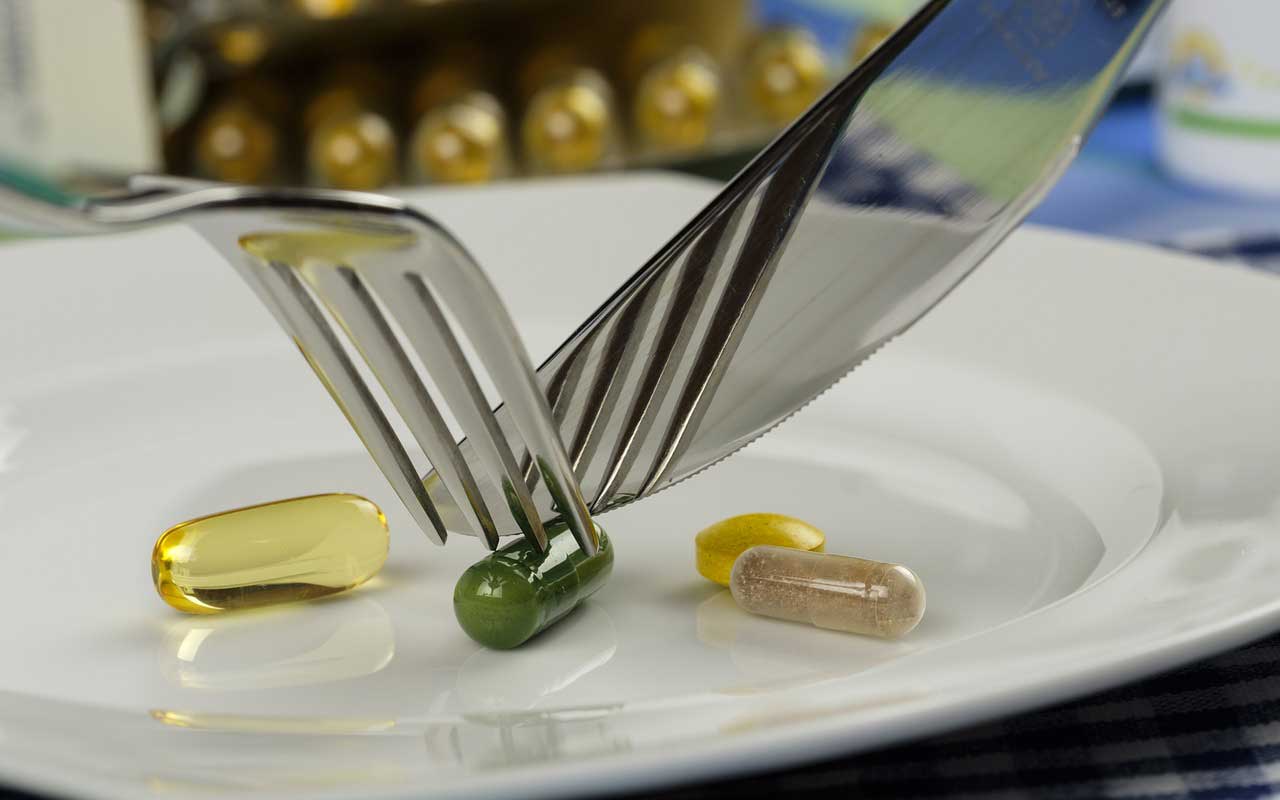






2 Responses
You made a good point that I should be meticulous in reading up on the side effects and other claims when choosing a cognitive performance supplement. I’m currently taking up electronic music production classes right now and I’d like to be able to create something worthwhile from what I’m currently learning but I can’t seem to get the creative juices flowing because I always feel tired after work so I’d just rather sleep. Perhaps by stimulating my brain through a supplement, I can finally find time to start creating something.
Thanks, Alice.
I’m not sure how a supplement would help create more time, and that conclusion is a bit contrary to the main suggestion I’m making here. There are finer ways to stimulate the brain, I’m sure, and most people agree the needed nutrients can be found through an optimized dietary regime with regular fitness, sleep and meditation.